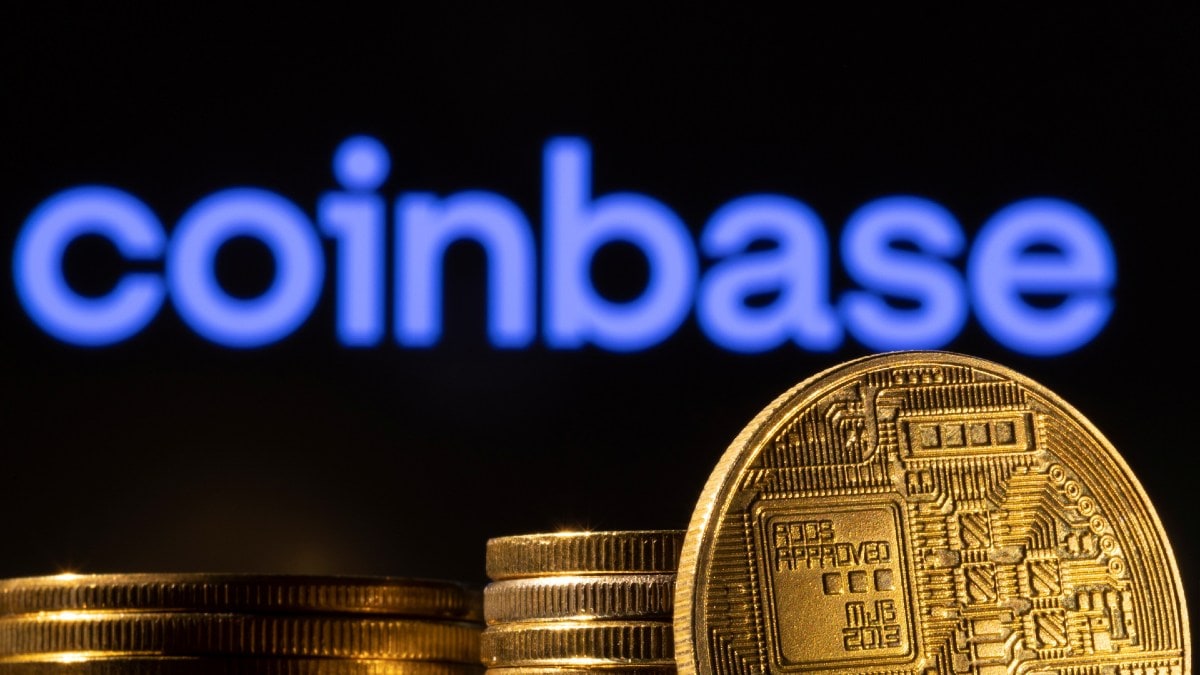
Coinbase has begun taking drastic steps in order to make its business more efficient, especially during the ongoing slowdown in the crypto market following the downfall of the FTX crypto exchange due to liquidity crunch. In its latest announcement, the exchange said its wallet will no longer support four cryptocurrencies due to low usage. These altcoins are — Bitcoin Cash (BCH), Ripple (XRP), Ethereum Classic (ETC), as well as Stellar Lumen (XLM). The Coinbase wallet will end support for these altcoins on December 5, according to the firm.
While XRP has a market cap of over $20 billion (roughly Rs. 1,64,880 crore), the individual valuations of BCH, XLM, and ETC hover over the mark of $2 billion (roughly Rs. 16,323 crore) each, data by CoinMarketCap showed.
Coinbase, in an announcement posted on November 29, assured the holders of these altcoins that their assets will not be lost even after they are delisted from the list of cryptocurrencies supported by its wallet.
“Any unsupported asset that you hold will still be tied to your address(es) and accessible through your Coinbase Wallet recovery phrase,” the exchange, founded in 2012, noted in the official update.
Coinbase’s self-custody wallet first arrived as a mobile app in 2017. It only stores cryptocurrencies that are still supported by the exchange.
Starting next year, Coinbase users will not be able to buy, sell, send or receive these delisted crypto assets via its wallet.
“In order to view or transfer these assets after January 2023, you will need to import your recovery phrase on another non-custodial wallet provider that supports these networks,” the firm added.
The Coinbase Wallet currently supports “thousands of tokens” including all ERC-20 tokens. Stablecoins such as USD Coin and DIA are also supported by the digital wallet.
Coinbase’s decision has escalated to become a topic of discussion for the crypto community, concerning messages for the delisted altcoins, especially Ripple, began surfacing on Twitter.
That it could be somehow part of a settlement for a lawsuit against Ripple.
That coinbase will stop the support for 4 networks (Bitcoin Cash, Ethereum Classic, Stellar and the XRPL) in a non-custodial wallet because of that.
Why even try to make such connections?!
— FloFlo (@Kneteknilch) November 29, 2022
Ops this is sad one for #Ripple
Could it be their lawsuit case ??
What will happen to it’s price this December???— 999#7525 (@TrxCoin9) November 29, 2022
Transaction revenues for Coinbase dropped by 44 percent in Q3 2022, and managed to churn $365.9 million (roughly Rs. 3,022 crore) in revenues.
The figure was almost twice — at $655.2 million (roughly Rs. 5,400 crore) in the second quarter of 2022 between April and June.
The firm, headquartered in San Francisco, US has hence been taking a plethora of decisions to ensure that its users are not exposed to tokens, that may post financial threats, especially now that Coinbase is focussing on international expansion.
The company recently hired senior level executives to lead its teams in the Europe, Middle East, and Africa (EMEA) regions.



